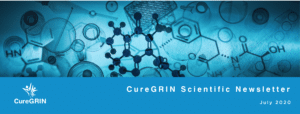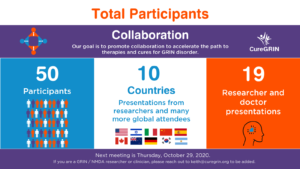Dr. Ian Coombs, a member of the CureGRIN Science and Medical Advisory board, is a researcher at the University College London in the Department of Neuroscience, Physiology, and Pharmacology.
Dr. Coombs is interested in understanding how AMPA receptors work as well as identifying drugs that may have a therapeutic role in treating individuals with GRIA Disorder.
One current project that Dr. Coombs is working on is the characterization of genetic variants that are found in patients with GRIA Disorder. In other words, Dr. Coombs is working on understanding how specific variants affect the functioning of AMPA receptors, to see if the variants cause too much or too little activity. He is also interested in identifying how patients’ symptoms are reflective of the changes in the functioning of their AMPA receptors. This knowledge is important because it can help guide the therapeutics that are used to attempt to treat the associated symptoms.
In addition to understanding the properties of AMPA receptors in patients with GRIA Disorder, Dr. Coombs is interested in understanding how these receptors can be changed by drugs. Ultimately, the purpose of these experiments is to answer the question of what drugs may be used as therapeutics to restore normal functioning. In a recent study, he found that perampanel, a drug that inhibits AMPA receptors and has been approved for other purposes, showed a positive outcome in a child with GRIA Disorder.
In the future, he also plans to further investigate how loss of function GRIA variants work as well as what drugs may be able to increase their diminished activity. He hopes that this will lead to new clinical trials investigating drugs that may benefit patients with GRIA Disorder. Dr. Coombs is excited to continue to partner with families through CureGRIN to perform experiments that provide more information about their child’s GRIA variant.
Dr. Coombs is also investigating how gene therapy may be a useful tool to target GRIA genes as well as other genes. In the future, he will investigate the possibility of changing the activity of individual genes and evaluate if this approach can improve certain symptoms. Dr. Coombs is looking forward to continuing this project for its potential to be broadly applicable to individuals with a wide range of neurological disorders.
Written by: Melissa Finlay (CureGRIN Scientific Volunteer, University of Toronto student)
Edited by: Meagan Collins (CureGRIN Research Coordinator)
Read more Posts

Cure GRIN Scientific Newsletter – July 2020
Every two months, we’ll be sharing updates on the latest publications about GRIN genes, NMDA receptors and other glutamate receptors.

GRIN Genes Roundtable – Oct 2020
Every two months, we’ll be sharing updates on the latest publications about GRIN genes, NMDA receptors and other glutamate receptors.
